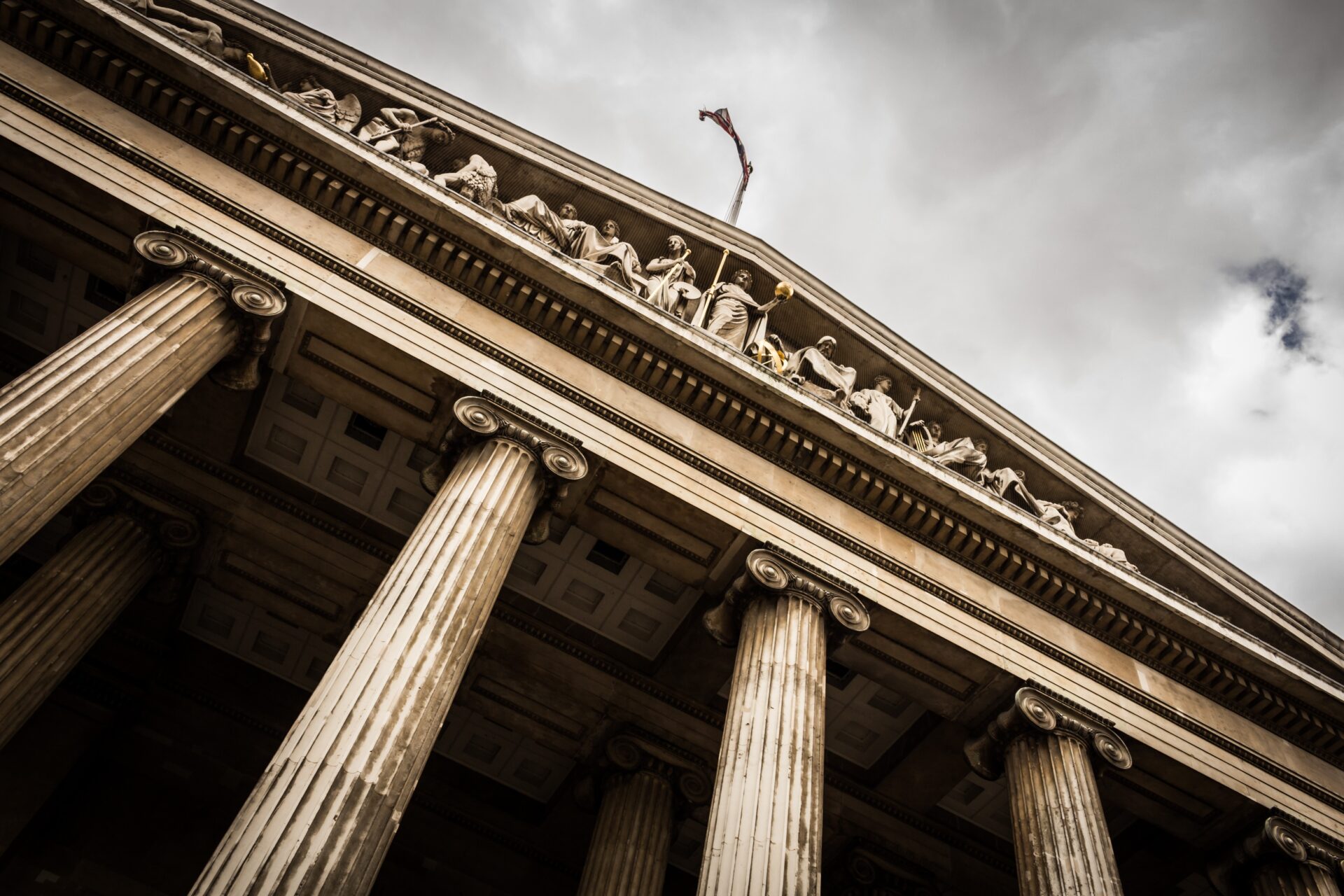In recent years, the United States, long viewed as a beacon of democracy and the Rule of Law, has faced mounting challenges to these foundational principles. The Rule of Law, which dictates that all individuals and entities are accountable under the same consistent set of laws, has been under increasing strain. This erosion is epitomized by a growing disregard for constitutional checks and balances, political polarization, and attempts to undermine institutions that have historically protected the nation’s democratic traditions. The rate at which these norms are being tested and sometimes flouted represents a significant shift in the American political landscape.
This degradation is especially evident in the context of the electoral process. In a nation where elections serve as the cornerstone of its democratic identity, there have been rising concerns about gerrymandering, voter suppression, and the spreading of disinformation. These actions not only question the integrity of electoral outcomes but also undermine public trust in the democratic process itself. For journalists, this era poses both a challenge and an imperative: to document, dissect, and discuss these trends with accuracy and urgency. As the U.S. navigates these turbulent waters, a deeper understanding of the nuances and implications of this erosion is crucial for those dedicated to safeguarding the nation’s commitment to the Rule of Law.
We recommend that journalists and editors contextualize any policy moves or judicial decisions that erode the Rule of Law as eroding the foundation of democracy. Do not position these acts as one side or another (E.g., Republicans or Democrats) winning or losing, but rather that the American people and the principles of our republic are losing anytime the Rule of Law breaks down.
Guides & Best Practices
Western States Center
“Strengthening Local Government Against Bigoted and Anti-Democracy Movements”
This is a resource for local leaders to protect democratic institutions against threats from bigoted and authoritarian social movements that are undermining the Rule of Law and democratic norms. It’s a useful resource for journalists wanting to identify pain points when it comes to attempts to erode the Rule of Law, as well as suggested best practices in combating them.
Assistance
There are several reputable, nonpartisan organizations and institutions that offer data, research and insights into the erosion of the Rule of Law. Here are some that journalists might find useful:
Brennan Center for Justice is a nonprofit, nonpartisan law and policy institute that works to defend democracy. They have a number of resources on their website related to the Rule of Law, including a report on the erosion of the Rule of Law in the U.S., a report on voter suppression and a report on gerrymandering. Brennan Center’s bipartisan National Task Force on the Rule of Law and Democracy is a nonpartisan group of former public servants and policy experts who are working to repair and revitalize the United State’s democracy. It has produced two policy guides. The first one, released in 2018, examines the norms and practices surrounding financial conflicts, political interference with law enforcement, the use of government data and science, the appointment of public officials, and many other related issues. The second one, released in 2019, outlines how to curb political interference in government science and fix a broken appointments process.
The World Justice Project Rule of Law Index provides an evaluation of key Rule of Law indicators in 140 countries and jurisdictions. Since 2018 the project has reported a decline in Rule of Law in most of these countries.
The Institute for Constitutional Advocacy and Protection is a nonpartisan institute within Georgetown University Law Center that uses legal advocacy to defend constitutional rights, while working to restore confidence in the integrity of government institutions. Its executive director, Mary McCord, has written for various publications about Rule of Law.
The Democracy Fund is an independent and nonpartisan foundation that works to promote democratic participation and equality. They have a number of resources on their website related to the Rule of Law, including articles on the state of the Rule of Law in the U.S., on the impact of partisan gerrymandering on elections and on the role of money in politics.
It’s essential for journalists to critically evaluate any organization or resource they use, ensuring that the information is accurate, unbiased and relevant to their needs. However, the above-listed institutions have generally demonstrated a commitment to non-partisan research and rigorous analysis.
Additional Resources
Equal Times (re-published by Brookings)
“COVID-19 has worsened a shaky rule of law environment” by Ted Piccone
Article
Gallup
“The erosion of Rule of Law and global democracies” by Mohamed Younis and Ted Piccone
Audio
University of South Carolina
“A call to action on rule of law in the U.S.” by William Hubbard
Article
Brennan Center for Justice
“Why we need to protect the Rule of Law in the federal government” by Martha Kinsella, Daniel Weiner and Tim Lau
Essay
Institute for Constitutional Advocacy and Protection
2021 annual report
Article
States United Democracy Center
“New survey: Institutional investors believe American democracy is increasingly at risk”
Survey summary
Democracy Fund
“Defending democracy and the Rule of Law through accountability and oversight” by Lara Flint
Article




